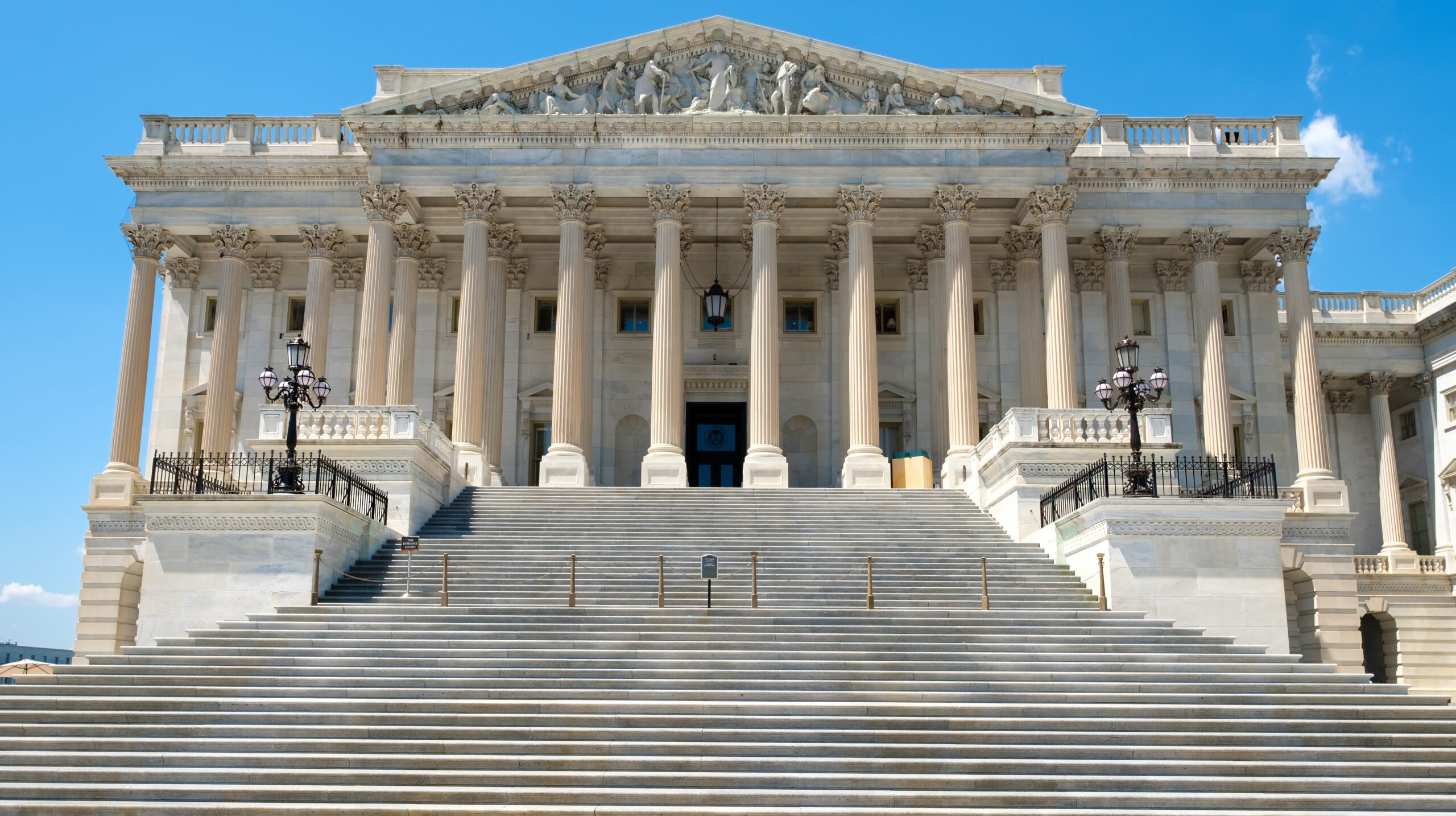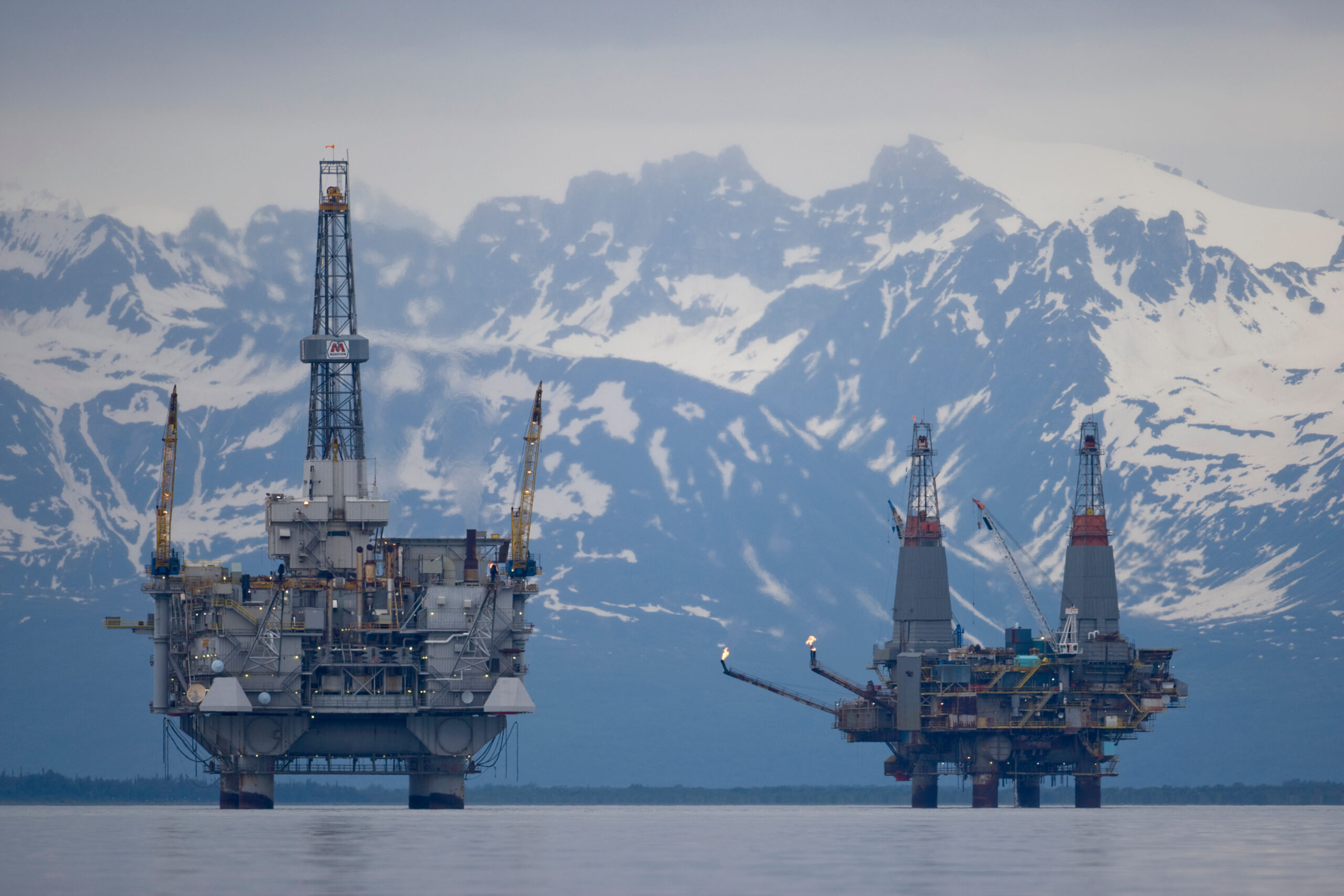Group of Democrats call on Biden to scrutinize LNG exports
In a letter to the U.S. Department of Energy, dozens of members of Congress criticized the agency’s approval of so many new LNG projects. They called for more rigorous scrutiny, citing negative climate and economic impacts.

More than 60 members of the U.S. House of Representatives and U.S. Senate called on the Biden administration to step up scrutiny of LNG export terminals, asserting that the federal government is using outdated science that fails to account for the climate risks of new LNG projects.
On November 14, the members of Congress sent a letter to the Department of Energy, urging the agency to “update” its review process for new LNG projects.
The letter comes as the Biden administration continues to approve LNG exports in an effort to expand the volume of gas shipped overseas. A wave of investment in new LNG projects, spurred on by the war in Ukraine and the spike in global energy prices, has led to a construction boom on the U.S. Gulf Coast. The Biden administration has cheered on this development, citing a need to export more gas to Europe.
In the first half of 2023, the U.S. exported more LNG than any other country, and 67 percent of the cargoes went to the UK and the European Union. Five countries — the Netherlands, the UK, France, Spain, and Germany— accounted for more than half of the total.
As it stands, LNG projects that export gas to countries that do not have an existing free-trade agreement with the U.S. have to jump through extra regulatory hoops. Specifically, the Department of Energy (DOE) needs to determine whether or not it is in the “public interest” for U.S. gas to be shipped to such countries. Most overseas buyers of American gas — energy companies in China or Europe, for example — are not located in countries that have free-trade agreements with the U.S.
Nevertheless, up until now, the DOE has more or less acted as a rubberstamp, approving just about all applications that it receives. In the rare case of a rejection, the disapproval was the result of deficiencies in the application or the project, not because the agency determined that exporting gas would be contrary to public interest.
However, a growing number of Democrats in Congress are voicing opposition to an agency process that does not exercise much scrutiny. In a letter, signed by more than 60 members of the U.S. House and Senate, including Oregon Senator Jeff Merkley, they called for an “update” to how DOE evaluates new LNG applications, and they question how so many LNG projects can be in the public interest.
“We are concerned that DOE’s current approach does not fully or accurately consider how LNG exports negatively impact the climate, environmental justice communities, or increase domestic energy prices,” the letter stated. “US LNG exports have doubled over the past four years, and projects currently under development are set to almost double exports again.”
One of the main problems the members of Congress cited was DOE’s assumption that LNG offers climate benefits.
“DOE’s assumption that all LNG exports yield net climate benefits is both outdated and inconsistent with the latest climate science, as is the assumption that project-specific emissions will be offset,” the letter stated.
As Gas Outlook previously reported, methane emissions in the supply chain likely make LNG worse for the climate than coal. Against that backdrop, the LNG expansion currently underway risks locking in climate pollution for decades to come.
“DOE believes that all LNG exports yield net climate benefits, but this assumption ignores the proliferation of better clean energy alternatives and the severe health and environmental losses to communities here at home,” said Chris Espinosa, legislative director for climate and energy at Earthjustice, an environmental law NGO, commenting on the congressional letter.
Moreover, DOE looks at the climate impacts of each project on a case-by-case basis, failing to account for the cumulative impact of an enormous expansion of LNG export capacity.
The letter also warned that LNG projects lead to negative local impacts for communities living near upstream production sites, as well as liquefaction facilities.
Meanwhile, a growing portion of U.S. gas supply is being diverted for exports, leading to higher domestic prices and increased volatility. The members of Congress said DOE is ignoring price impacts when issuing its “public interest” determination.
“DOE has never rejected an LNG export application on the basis of adverse impacts to the American people, and we urge DOE to consider at what point additional export licenses are no longer consistent with the public interest,” the letter said.
The members of Congress also singled out Venture Global’s proposed CP2 project, which will be a large sequel to its existing Calcasieu Pass LNG site in Louisiana. CP2 has received other federal approvals, but still needs DOE to sign off on the project. In recent weeks, a growing number of environmental groups have voiced opposition to CP2 and have called on the Biden administration to reject it.



